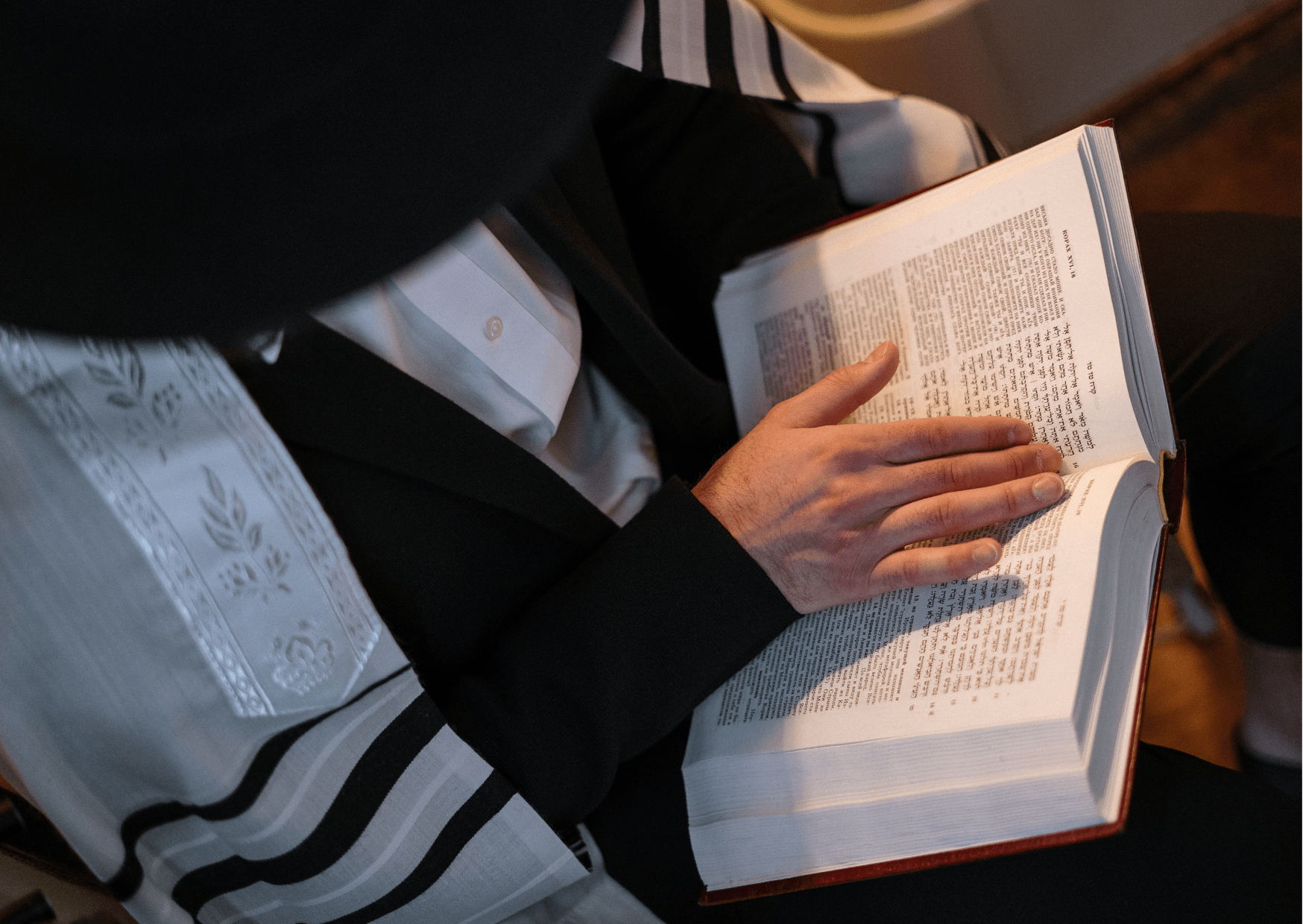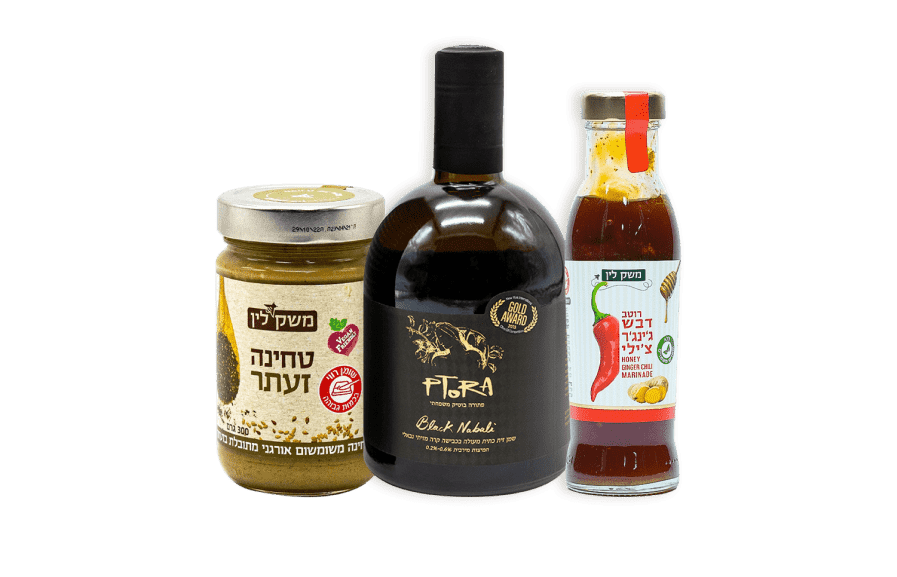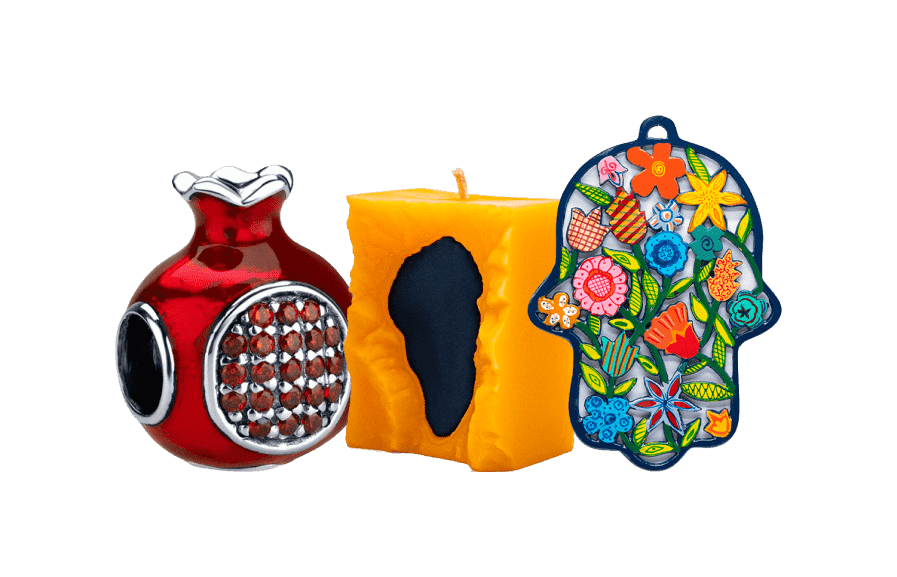From being the language of God to its revival over 100 years ago, here are the most fascinating facts about Hebrew you will ever read!
The holy language of Hebrew was a gift given to the Jewish people by God. A language thousands of years old that goes much deeper than being a tool for simple communication. It was the language in which the Ten Commandments were etched onto two tablets. The Holy Torah (Bible) is written in Hebrew and when the people entered the Land, they spoke ancient Hebrew.
After the destruction of the Holy Temple and the exile from the Land, the Hebrew language became dormant as the Jews were spread out across the four corners of the earth. It survived, though, just like the Jewish people, even through times of persecution, as communities continued with their Jewish way of life, sometimes in secret, being used in Jewish life cycle events such as circumcisions and wedding ceremonies, and in ancient prayer texts.

From Biblical to Modern Hebrew, here are seven facts about this wonderful language!
1. Hebrew is a holy language
As a language given to the people by God, Hebrew is a holy language. So holy that any Hebrew texts on which God's name is printed cannot simply be disposed of. It has to go to a place called a Genizah, a repository where holy texts, like Jewish prayer books or printed study materials such as the Talmud are held before being disposed of respectfully. If a prayer book falls on the ground, we pick it up and kiss it before placing it back on the shelf. From the first man, Adam, to the prophets, God communicated with them only in Hebrew!
2. It's Hebrew, but it might sound a little different!
Following the destruction of the Temple and the exile, three Hebrew regional accents were formed: Ashkenazi, spoken by the Jews of Eastern Europe; Sephardi, by the Jews of Spain, Portugal, Brazil, and Italy; and Mizrahi, spoken by Jews from Middle Eastern and North African countries. With the revival of Hebrew and the return to Israel, they merged into two varieties - Oriental and Non-Oriental, with the main differences in the pronunciations. Today, Israelis mostly speak a standardized version of Modern Hebrew. But for prayers, psalms, and songs, the beautiful variety of melodies and pronunciations that the Jews brought back from the diaspora remain!
3. Modern Hebrew is the legacy of Eliezer Ben Yehuda
Eliezer Ben Yehuda developed his modern version of Hebrew by producing a vocabulary derived from Biblical words and Rabbinical commentaries and adding new words where needed. He was obsessed with Hebrew literature and read many publications about Jewish nationism and the revival of the Jewish homeland. In his opinion, the only way Hebrew would be established as the spoken language of the Jewish people was if the modern-day State of Israel was founded. Once in Israel, he encouraged Hebrew speaking at home and in school. Modern Hebrew also solved the problems new immigrants who spoke different languages faced. On November 29, 1922, only a few weeks before Ben Yehuda’s death, Hebrew became an official language within Israel, then under the control of the British Mandate.

4. Incredible ancient discoveries of Hebrew texts!
There have been some incredible discoveries of ancient Hebrew texts across Israel, including the Gezer Calendar: A limestone tablet with seven lines of engraved Hebrew script depicting a year of agricultural activities. It was discovered by Irish explorer R.A.S. Macalister in 1908 in the ancient city of Gezer, northwest of Jerusalem.
The Dead Sea Scrolls: Ancient manuscripts discovered in 1947 in Qumran near the northern Dead Sea. Among them were copies of the Bible, representing the earliest evidence of Biblical Hebrew text. Today, they are housed at the Israel Museum in Jerusalem.
Cairo Genizah: The discovery of a trove of Hebrew documentation provided valuable insight into Jewish life during the Middle Ages. In 1896, Solomon Shcetchet, Professor of Talmudic and Rabbinical Literature at Cambridge University, led an expedition to the Genizah, located within the Ben Ezra Synagogue in Cairo, and retrieved thousands of pages, among them works of the Maimonides (The Rambam) and Talmudic texts.
5. Hebrew has a big influence on other languages!
Amen to that! From words like 'Hallelujah,' meaning praise or giving thanks, to 'Amen', Hebrew words are used worldwide today in everyday speech. Some common words adapted from the Hebrew language include, 'chutzpah', to refer to someone filled with a high level of self-confidence, and 'Jubilee', the Hebrew word for a Ram's Horn, which was customarily blown to announce the beginning of the Jubilee year, the start of a 50-year cycle, and the year in which all Jewish slaves could go free. Today, the Jubilee marks a special event or anniversary, such as Queen Elizabeth of England's Jubilee celebrations in 2022!
6: Hebrew with numbers!
The Hebrew language has a system with a numerical value assigned to each letter. Called Gematria, this enables one to discover hidden meanings and deeper interpretations behind the words. Even for those not trained in understanding Gematria and its complexities, certain numbers and values are commonly used among the Jewish people, especially regarding charitable donations or bidding in the Synagogue for the honor of carrying out various rituals related to the Torah scrolls. For example, it is common for people to donate in multiples of 18 as in Hebrew; the numbers representing 18 are the letter Yud י has a value of 10, and the letter of Chet ח with a value of 8. Put these two Hebrew letters together, and you have יח. Rearrange them and you have חי Chai. And what does this word mean in Hebrew? Life! So 18 represents life!

7: Shalom
One word, and so many meanings! We say Shalom when we greet each other. And we say Shalom when we depart from each other. On Shabbat, we wish people a Shabbat Shalom, bidding them a peaceful and restful Shabbat. Three times a day, in the Amida prayer, we end by reciting the sentence that begins with the words Oseh Shalom. Translated, it says, "He who makes peace in His heavens, may He make peace for us and for all Israel; and say, Amen." This is the request of the Jewish people to God to bring us peace amongst our Jewish brothers and sisters, and peace for the Land of Israel. Today, more than ever, the longing for Shalom has never been stronger, and we pray that God will bestow Shalom on his land and people very soon!
The Hebrew language is thousands of years old and has accompanied the Jewish people throughout all its trials and tribulations. We are known as the people of the book; that book is the Bible, written in Hebrew!
In Israel, we listen to Hebrew music on the radio and hear sermons by our rabbis in modern Hebrew, but with references and quotes from sources written in ancient Hebrew! Archeologists sift and excavate the Holy Land and make glorious discoveries of ancient Hebrew texts and artifacts, allowing us to connect with our glorious past! The Holy Land is a melting pot of Jews who have arrived from diaspora countries worldwide. You can hear the differences between the Sephardic and Mizrahi accents and the Ashkenazi and Eastern European Jews. And then, when a Jew of Yemanite origin is called up to read the Torah, you may for a moment think he is speaking a different language! But he is not. He is speaking Hebrew, with a different accent. Today, the Jewish people all speak one common language, Lashon Hakodesh, the Holy language of Hebrew!

Feel the love from the Holy Land with products made by the most talented artisans in Israel!
In Israel, hundreds of pioneers toil to produce items that are unique, meaningful, and of the highest quality. They have dedicated themselves to a life of simplicity, living in small communities across the Biblical Heartlands of Judea and Samaria, the Golan Heights, and the Galilee, away from the major population centers such as Jerusalem and Tel Aviv. They focus on working the land and connecting to the regions where our Biblical ancestors once lived.
Every month, subscribers to our monthly surprise packages experience 7-9 of the pioneer's finest products. The products express the pioneer's deepest gratitude to the subscribers who provide such vital support, enabling them to continue rejuvenating the Holy Land! So when the recipients open their surprise packages, see, feel, and use the products, and read about the pioneers in the accompanying magazine, that's when they will feel genuine love and closeness with the pioneers and the Holy Land!









